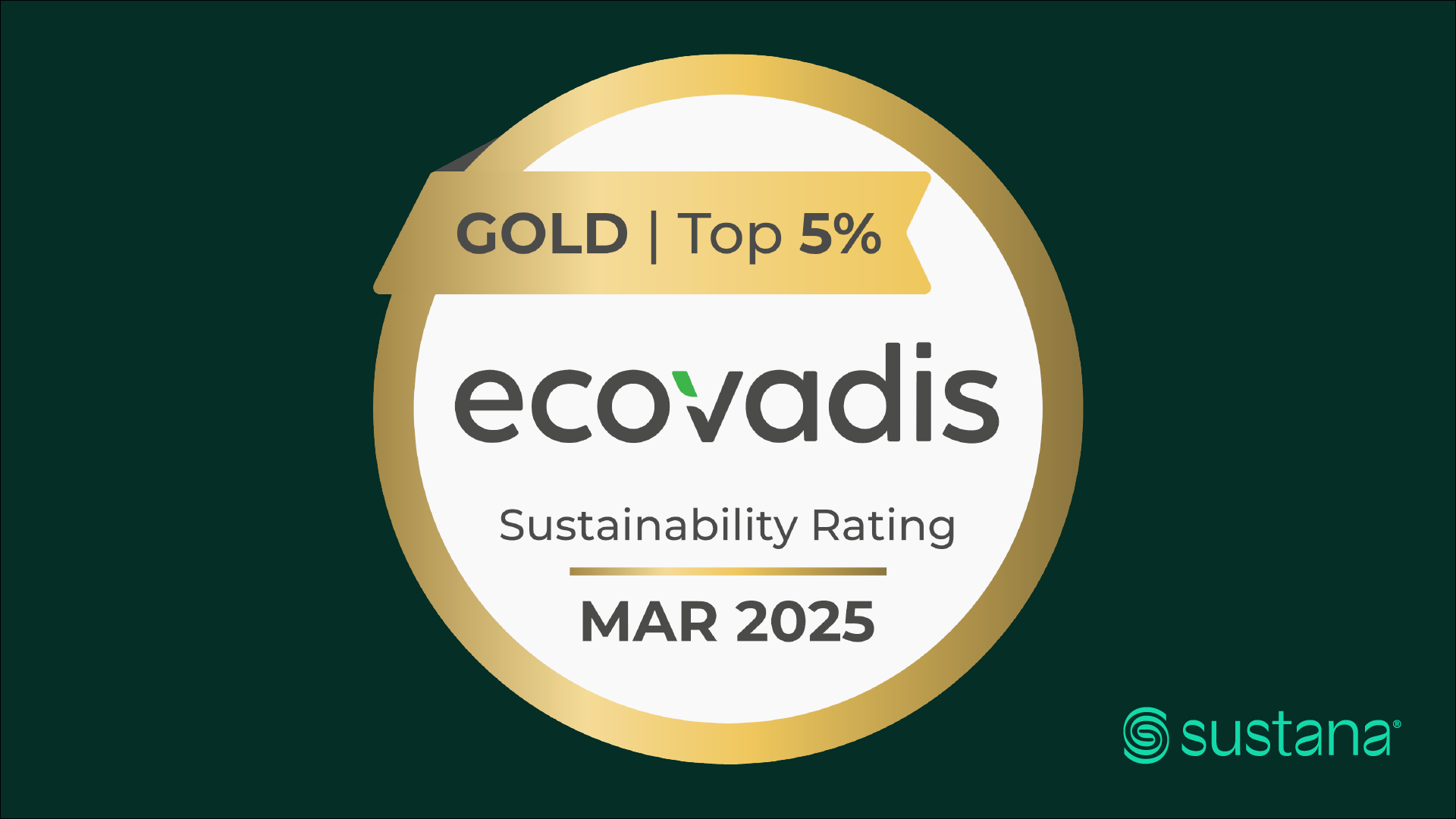In our “Conversations with Green Champions,” Rolland President Philip Rundle asks sustainability-minded companies about their approach to environmental responsibility.
In the first part of a two-part interview, Paul Hendricks, Environmental Responsibility Manager for Patagonia, talks about having a chief executive activist who is also CEO, environmentalism in business, and how to stay true to your mission.
Responsible by nature
- Patagonia makes outdoor wear for climbing, skiing, snowboarding, surfing, fly fishing, mountain biking and trail running – silent sports that connect participants with nature.
- Patagonia donates time, services and at least 1% of sales to hundreds of grassroots environmental groups worldwide.
- Yvon Chouinard, who founded Patagonia in 1973, noted that every time the company has done something for the sake of the environment, it has also been good for business.
How does Patagonia define sustainability?
We have no formal definition. We see it more as a journey toward building a regenerative business that not only lives within its means, but creates a net benefit for the environment and society. Not just mitigating harm, or just being neutral.
How do you make environmental and social responsibility a company-wide priority?
It is a corporate imperative that we reinforce all the time. Our mission statement lies at the core of what we do and who we are. We look at it on a daily basis, and our conversations about decisions or actions all come back to our mission:
Those three tenets are integrated into everyone’s consciousness at Patagonia. It starts on day one, when new employees are introduced to our history, why we exist, our actions over 40 years, and the vision going forward. This sets you up for your career at Patagonia.
Build the best product, cause no unnecessary harm, and use business to inspire and implement solutions to the environmental crisis.
This is reinforced by our owners, our board of directors and our leaders. Patagonia CEO Rose Marcario sends out monthly recaps of what is going on with Patagonia, and rather than just talk about the business, many focus on ways we have raised our voice in political advocacy, or made our workplace a better one, or mitigated harm in society.
With 2,000 employees, how do you keep environmental responsibility at forefront?
It is emphasized in each employee’s role, whether you work in social and environmental responsibility, or in product design, or in management. Yvon Chouinard, our founder, emphasized environmentalism as a core tenet of your job at Patagonia. This includes pushing yourself in your personal life, as well as finding ways you can reduce Patagonia’s environmental impact or increase our social benefit within your job.
How does Patagonia maintain the commitment to be an activist company?
We are evolving to become an even stronger activist company. In the United States there is large policy vacuum in terms of environmental protection so businesses need to step up.
Our CEO is also our chief executive activist. Rose is leading the charge to push our business to become more active on the policy front, with advocacy, and working with non-profits. So we are doubling down – make that doubling up – by investing in teams and initiatives that are reducing our environmental footprint internally. And we are increasing our external efforts.
What is the significance of Patagonia being a benefit corporation and a certified B Corp?
Patagonia is registered as a benefit corporation1 in California. This legal structure serves as a “mission lock” through any potential ownership change. So the mission will stay with Patagonia, whatever the future holds.
B Corporation certification2 is a requirement of benefit corporation legislation, and is based on a third-party assessment of our environmental and social performance.
Patagonia is supportive of the B Corp movement. We use the assessment as a guideline when we look at Patagonia’s impact on the community, the environment, our customers, and on our workers – a great way to compare ourselves with industry best practices. And when we look at new products and services, we look to other B Corps because we know they stand for something.
Photo: Donnie Hedden/Patagonia
- Benefit corporations are U.S. for-profit organizations required to have a purpose of creating “general public benefit” defined as material positive impact on society and the environment.
Patagonia founder Yvon Chouinard said: “Benefit corporation legislation creates the legal framework to enable mission-driven companies like Patagonia to stay mission-driven.” Source: benefitcorp.net ↩︎ - B Corporations are for-profit companies certified by the non-profit B Lab to meet rigorous standards of social and environmental performance, accountability, and transparency. In brief, B Corp certification is to business what Fair Trade certification is to coffee. More than than 2,000 Certified B Corps from 50 countries are in operation today.
Patagonia CEO Rose Marcario said: “The B Corp movement is one of the most important of our lifetime, built on the simple fact that business impacts and serves more than just shareholders – it has an equal responsibility to the community and to the planet.” Source: bcorporation.net ↩︎


